Virgin Atlantic fined for violating Iraqi airspace
Airline said the incursions were accidental and caused by the Covid-19 pandemic
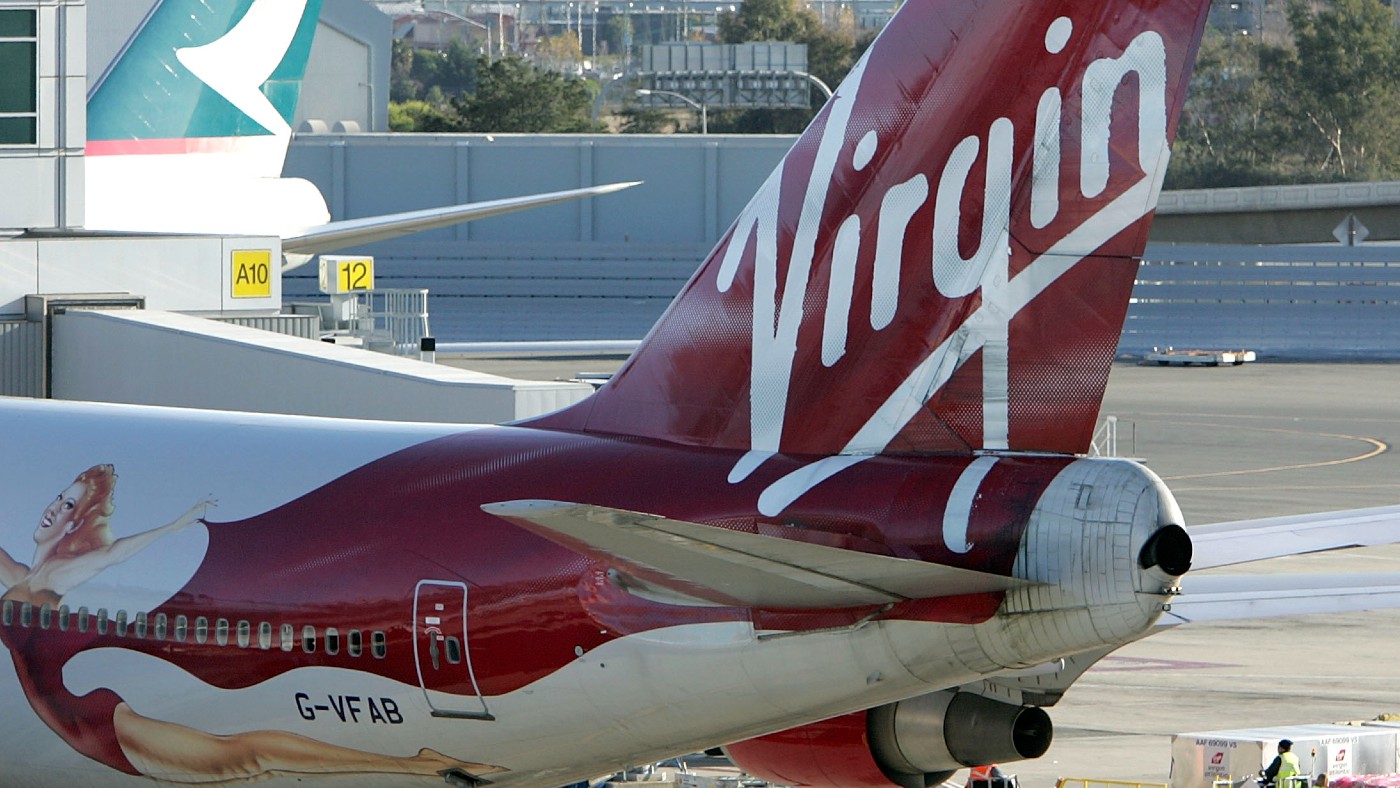
A free daily email with the biggest news stories of the day – and the best features from TheWeek.com
You are now subscribed
Your newsletter sign-up was successful
Virgin Atlantic has been fined more than $1m (£870,000) by US authorities for flying in Iraqi airspace.
The US Department of Transportation imposed the penalty after it found a “significant number” of the airline’s flights crossed restricted airspace in Iraq between September 2020 and September 2021.
Virgin Atlantic, which was subject to the restrictions of the US Federal Aviation Administration (FAA) at the time due to a partnership with Delta Air Lines, was banned from flying at any altitude in Iraqi airspace because of “heightened militia activities and increased tensions in Iraq”, reported ch-aviation.
The Week
Escape your echo chamber. Get the facts behind the news, plus analysis from multiple perspectives.

Sign up for The Week's Free Newsletters
From our morning news briefing to a weekly Good News Newsletter, get the best of The Week delivered directly to your inbox.
From our morning news briefing to a weekly Good News Newsletter, get the best of The Week delivered directly to your inbox.
The airline said the flights in question were accidental and caused by disruptions and staff shortages brought on by the Covid-19 pandemic. In a statement, it said it immediately rerouted flights after learning of the violations.
“We have thoroughly reviewed and strengthened our systems and processes,” a spokesperson told ch-aviation. “The safety and security of our aircraft, customers and crew was never compromised at any point and remains our highest priority.”
To avoid litigation, and without admitting or denying the violations, Virgin Atlantic consented to the order to cease and desist from future violations of the rule and to the fine. Half of the fee – $525,000 (£435,350) – will be waived if Virgin Atlantic avoids similar transgressions for one year, said AP.
To combat any future incursions, Virgin Atlantic said it had invested in Sentinel by Osprey, an automated tool that “dynamically alerts airlines at the flight planning stage or operational stage, of any regulatory restrictions impacting their, or their codeshare partners’ flights”, said Reuters.
A free daily email with the biggest news stories of the day – and the best features from TheWeek.com
Chas Newkey-Burden has been part of The Week Digital team for more than a decade and a journalist for 25 years, starting out on the irreverent football weekly 90 Minutes, before moving to lifestyle magazines Loaded and Attitude. He was a columnist for The Big Issue and landed a world exclusive with David Beckham that became the weekly magazine’s bestselling issue. He now writes regularly for The Guardian, The Telegraph, The Independent, Metro, FourFourTwo and the i new site. He is also the author of a number of non-fiction books.
-
 Local elections 2026: where are they and who is expected to win?
Local elections 2026: where are they and who is expected to win?The Explainer Labour is braced for heavy losses and U-turn on postponing some council elections hasn’t helped the party’s prospects
-
 6 of the world’s most accessible destinations
6 of the world’s most accessible destinationsThe Week Recommends Experience all of Berlin, Singapore and Sydney
-
 How the FCC’s ‘equal time’ rule works
How the FCC’s ‘equal time’ rule worksIn the Spotlight The law is at the heart of the Colbert-CBS conflict
-
 February’s new movies include rehab facilities, 1990s Iraq and maybe an apocalypse
February’s new movies include rehab facilities, 1990s Iraq and maybe an apocalypsethe week recommends Time travelers, multiverse hoppers and an Iraqi parable highlight this month’s offerings during the depths of winter
-
 Bengal Tiger at the Baghdad Zoo: ‘funny, profound, must-see theatre’
Bengal Tiger at the Baghdad Zoo: ‘funny, profound, must-see theatre’The Week Recommends Rajiv Joseph’s ‘engrossing’ tragi-comedy about the absurdities of war
-
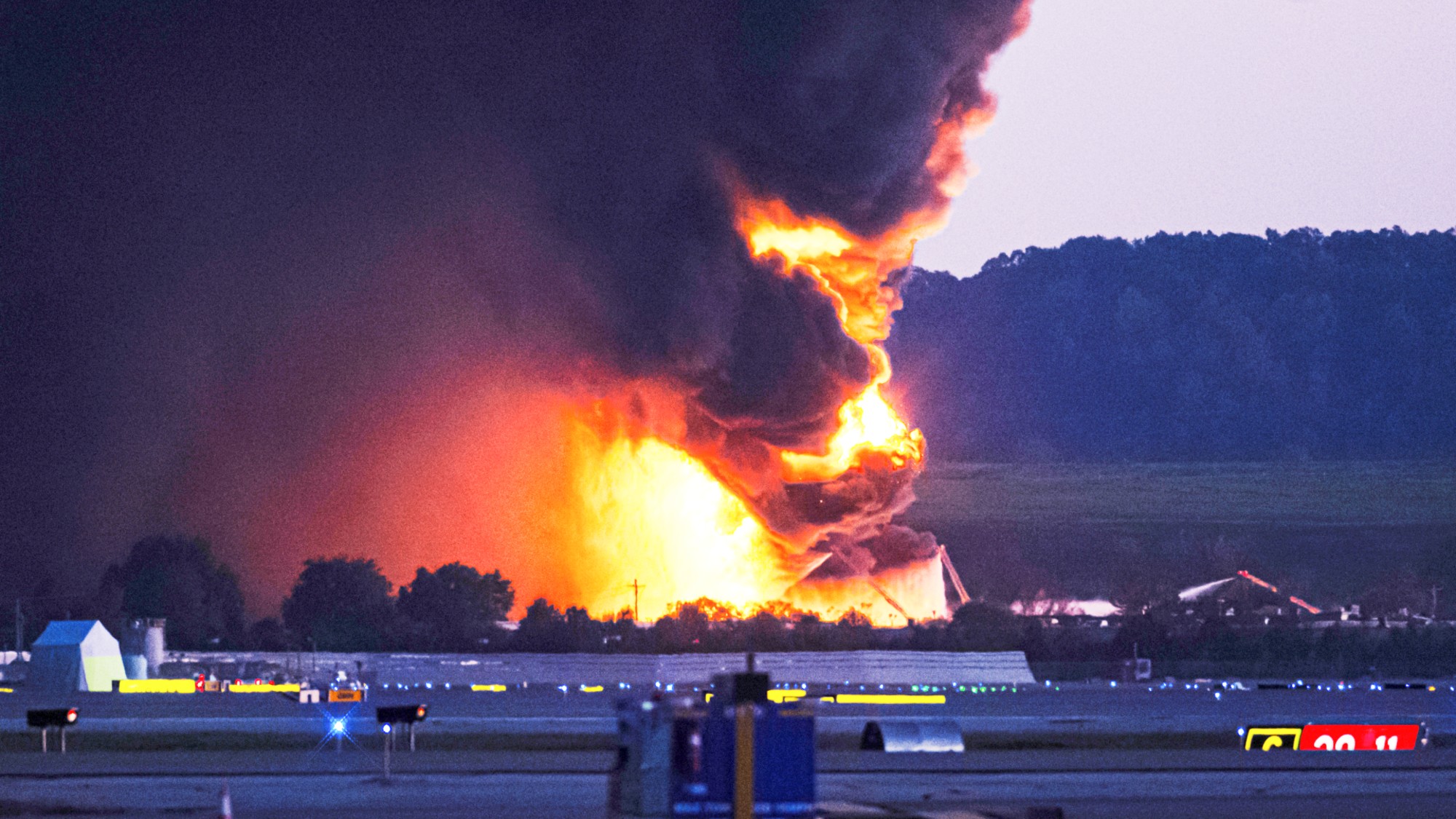 A 34-year-old plane is at the center of the UPS crash
A 34-year-old plane is at the center of the UPS crashIn the Spotlight Many air cargo companies use planes that are this old
-
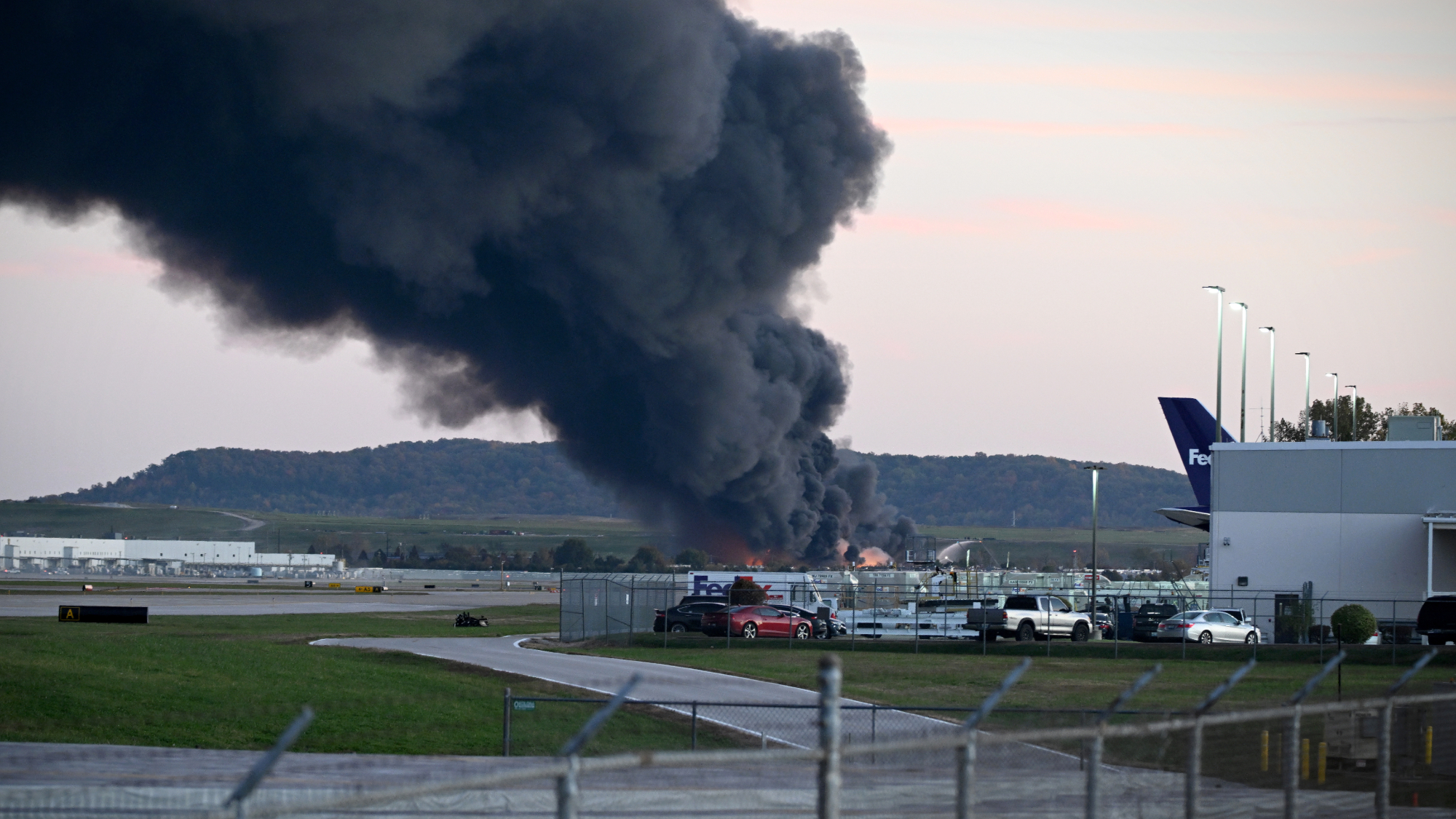 At least 7 dead in Kentucky UPS cargo plane explosion
At least 7 dead in Kentucky UPS cargo plane explosionSpeed Read Another 11 people were hurt
-
 Book reviews: ‘We the People: A History of the U.S. Constitution’ and ‘Will There Ever Be Another You’
Book reviews: ‘We the People: A History of the U.S. Constitution’ and ‘Will There Ever Be Another You’Feature The many attempts to amend the U.S. Constitution and Patricia Lockwood’s struggle with long Covid
-
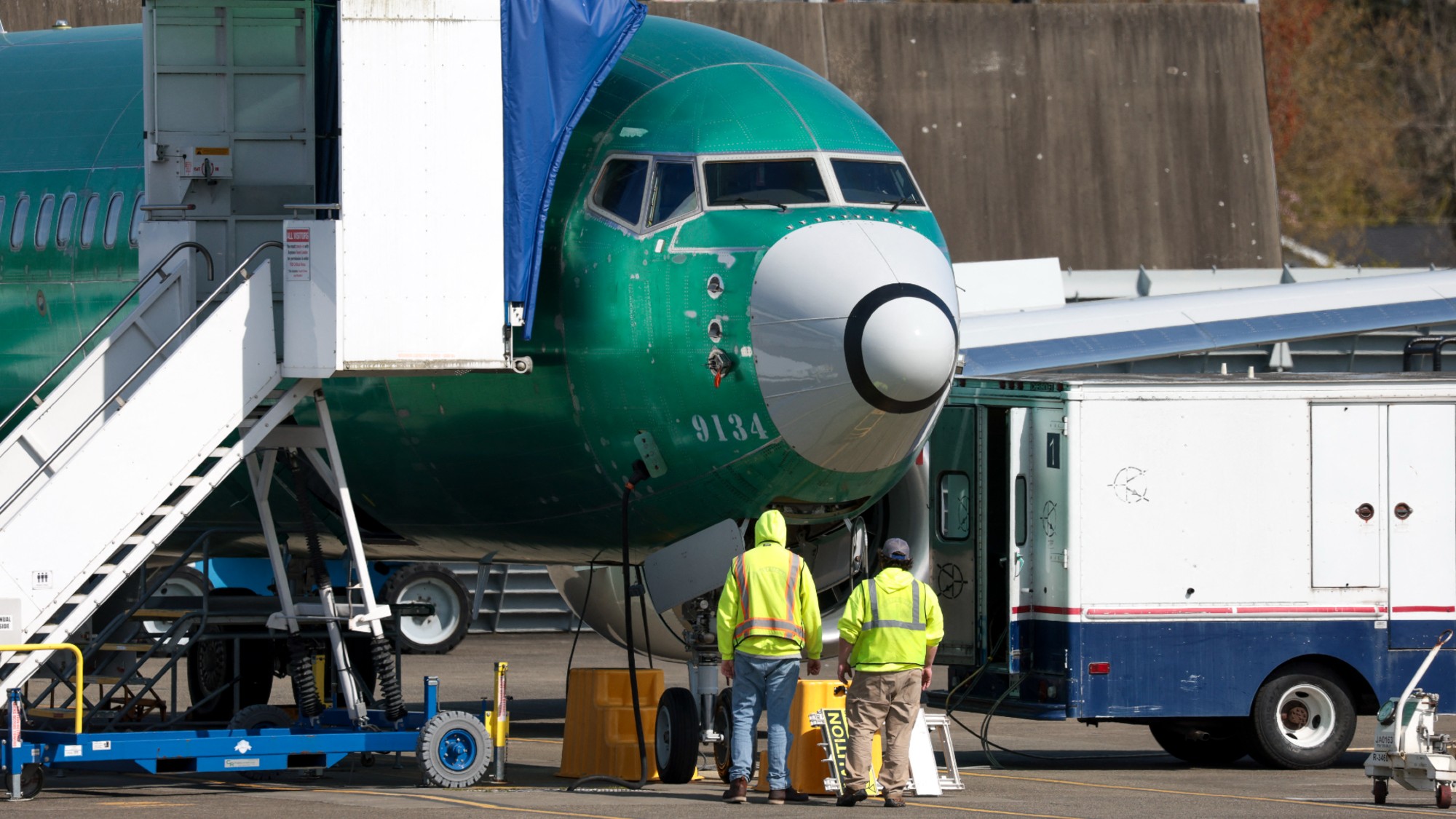 Questions abound over the FAA’s management of Boeing
Questions abound over the FAA’s management of BoeingTalking Points Some have called the agency’s actions underwhelming
-
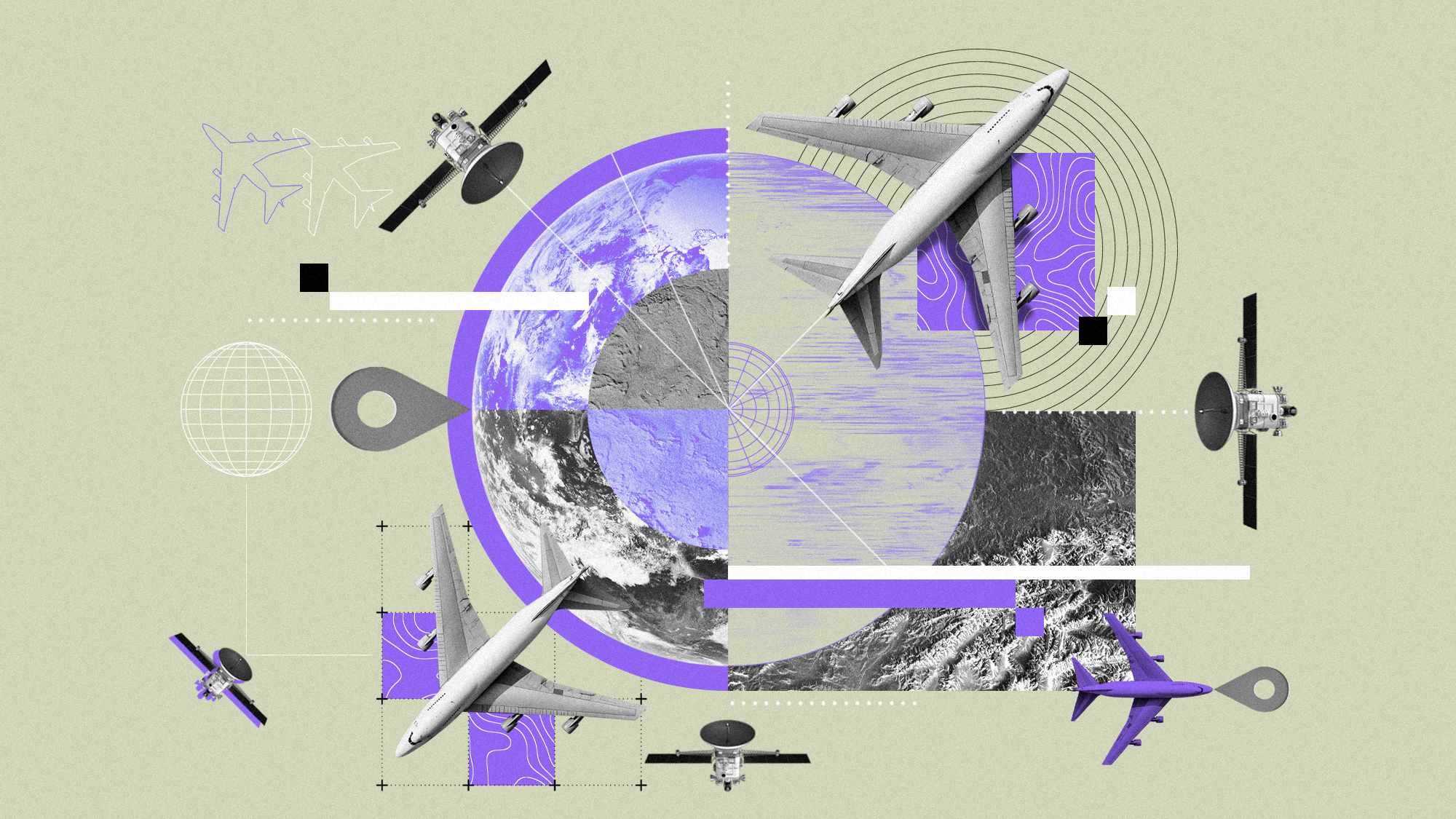 GPS jamming: a new danger to civil aircraft
GPS jamming: a new danger to civil aircraftThe Explainer Use of the 'invisible threat' is on the rise
-
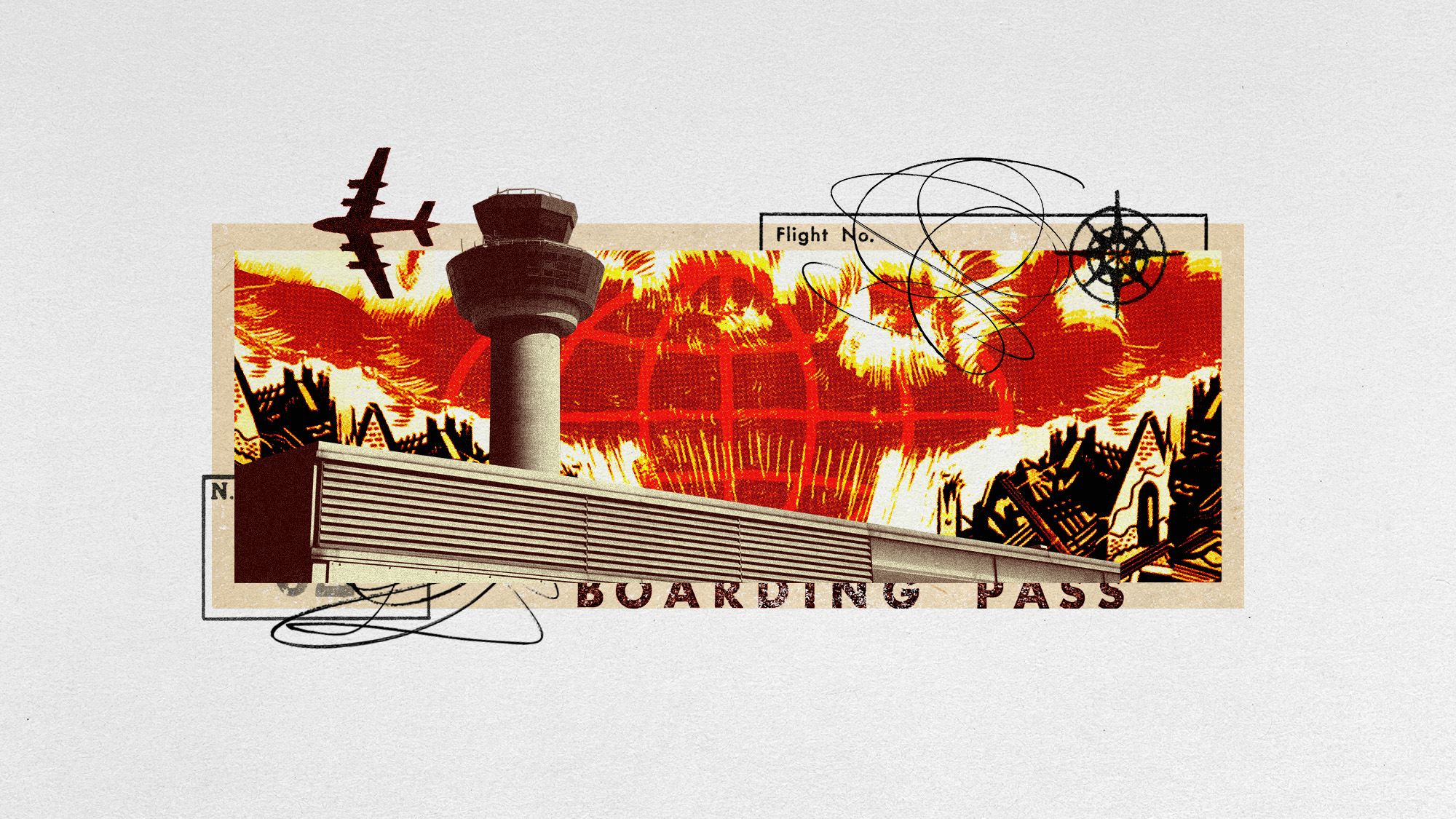 How global conflicts are reshaping flight paths
How global conflicts are reshaping flight pathsUnder the Radar Airlines are having to take longer and convoluted routes to avoid conflict zones